Cat Schuknecht
Stories
-
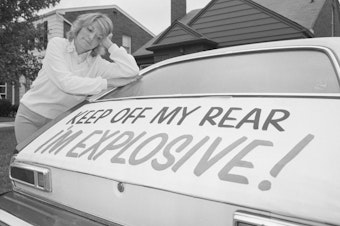
The Halo Effect: Why It's So Difficult To Understand The Past
Judy, Lyn and Donna Ulrich were driving to a volleyball game when their Ford Pinto was hit from behind by a Chevy van. The Pinto caught fire, and the three teenagers were burned to death. This week on Hidden Brain, we talk to a former Ford insider who could have voted to recall the Pinto years before the Ulrich girls were killed — but didn't. And we ask, is it possible to fairly evaluate our past actions when we know how things turned out?
-
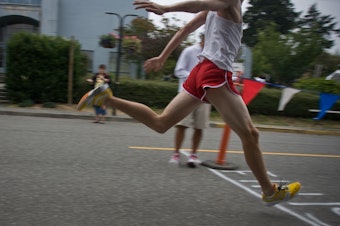
You 2.0: The Mind's Eye
Some challenges feel insurmountable. But psychologist Emily Balcetis says the solutions are often right in front of our eyes. This week, as part of our annual series on personal growth and reinvention, Emily explains how we can harness our sight to affect our behavior.
-
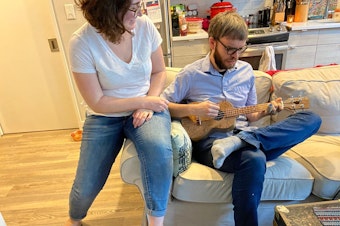
Playing Favorites: When Kindness Toward Some Means Callousness Toward Others
If we do a favor for someone we know, we think we've done a good deed. What we don't tend to ask is: Who have we harmed by treating this person with more kindness than we show toward others? This week, in the second of our two-part series on moral decision-making, we consider how actions that come from a place of love can lead to a more unjust world.
-
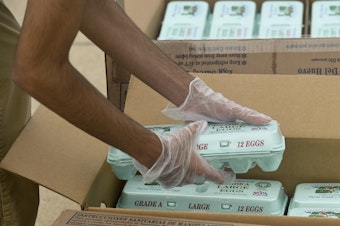
Theory Vs. Reality: Why Our Economic Behavior Isn't Always Rational
We don't always behave the way economic models say we will. We don't save enough for retirement. We give money to charity. This week, why we act in ways that go against our "rational" self-interest.
-
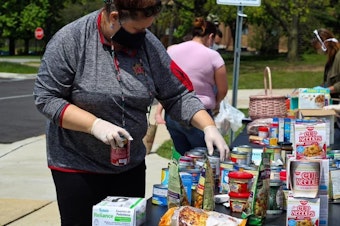
Our Better Angels: What We Lose When We Assume People Are Bad
In the months since the spread of the coronavirus, stories of selfishness and exploitation have become all too familiar: people ignoring social distancing guidelines, or even selling medical equipment at inflated prices. Most of our public and economic policies take aim at these sorts of people — the wrongdoers and the profiteers. But is there a hidden cost to the rest of us when we put bad actors at the center of our thinking? Do the measures we put in place to curtail the selfish inadvertently hurt our capacity to do right by others?
-
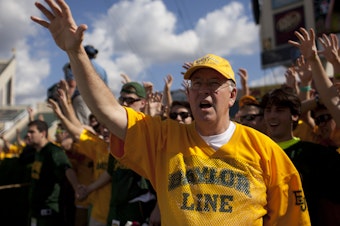
After A Fall At Baylor, Ken Starr Became A Fox Regular, And Then, A Trump Defender
Ken Starr was stripped of his presidency at Baylor University in 2016, accused of overseeing an administration that ignored a campus sexual assault scandal.
-
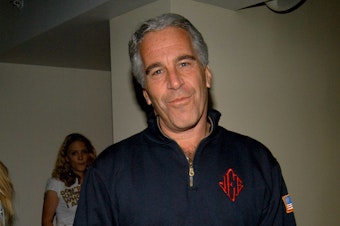
A Young Jeffrey Epstein Made An Impression On His High School Students
Former students at the Dalton School in Manhattan remember Epstein as a young, charismatic teacher. More than four decades later, Epstein stands accused of sexually abusing dozens of underaged girls.
-
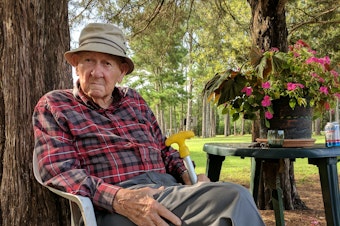
NPR Identifies 4th Attacker In Civil Rights-Era Cold Case
A fourth man was involved in the 1965 attack on civil rights worker and minister James Reeb, but that man was never identified or charged in Reeb's murder, an NPR investigation revealed.
-
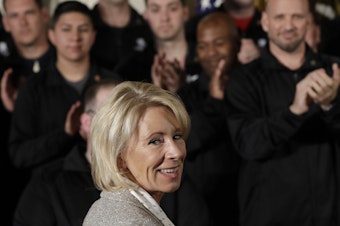
47 States Call On Betsy Devos To Forgive Student Loans For Disabled Veterans
Attorneys general from 47 states, three U.S. territories and the District of Columbia have asked the Department of Education to make loan discharge for permanently disabled veterans automatic.
-
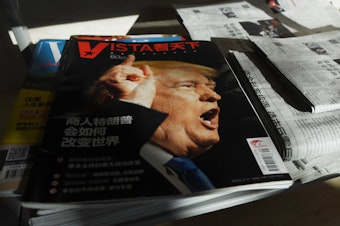
Inside The White House's Bitter Fight Over China
The White House has been strong against China in trade talks, but NPR and PBS Frontline found top advisers battled for more than a year over imposing billions of dollars in tariffs on Chinese imports.